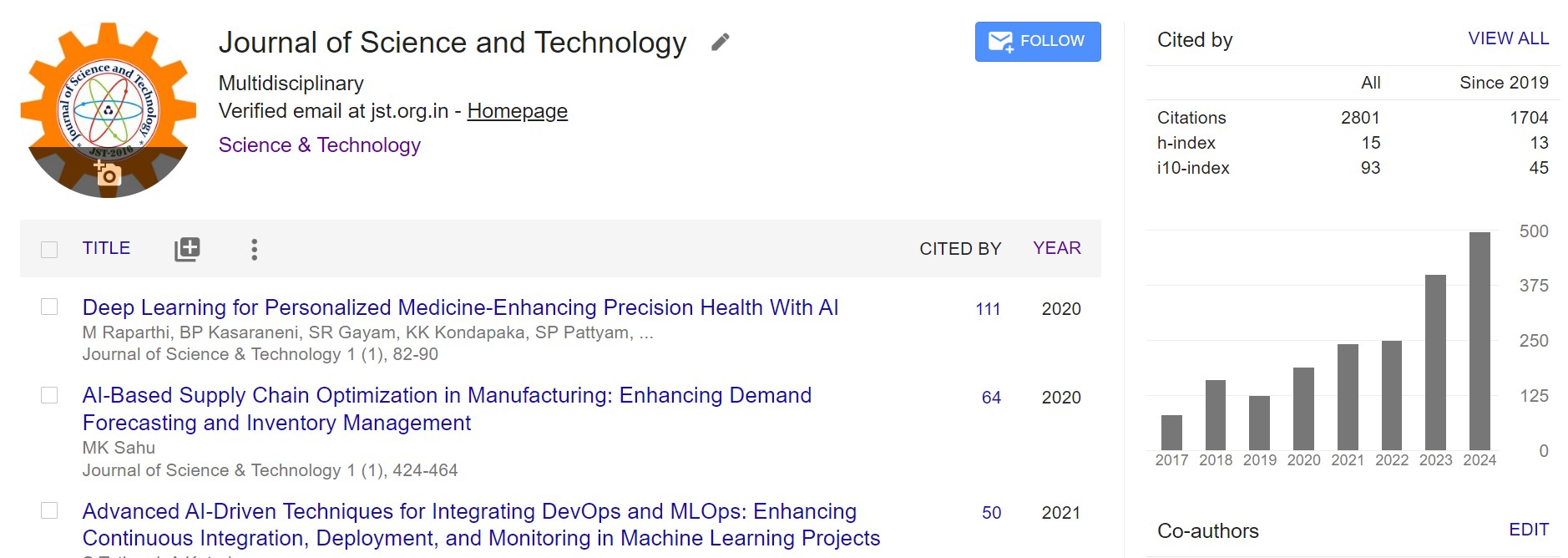An Exploratory Study of Millennial Consumer Behavior Antecedents using Influencer Marketing
DOI:
https://doi.org/10.46243/jst.2022.v7.i04.pp99-121Keywords:
.Abstract
Influencer marketing is on the increase as a natural extension of word-of-mouth campaigns, according to recent marketing trends. Organizations are understanding the importance of influencers in influencing purchasing decisions as consumers turn to social media platforms. Using the theory of planned behaviour (TPB) (Ajzen, 1991) and social learning theory (Bandura and Walters, 1963) as part of qualitative research to identify key factors of influencer marketing that impact consumer behaviour, the current study sheds light on various aspects of influencer marketing that drive consumer behaviour. The study found that consumer behaviour was positively influenced by both attitudes toward influencers and perceived behaviour control that allows for increased subject knowledge, whereas peer influence had no effect.Personal significance, inspiration, and trust, among other constructs, had a favourable impact on behaviour, whereas perceived risk had no effect. Consumers used product influencer fit as a criterion, since they followed different types of influencers for different product categories. Consumers are influenced on four levels by the posts shared by influencers: increased brand awareness, subject matter knowledge, brand preference, and preference. Identifying the correct type of influencer to offer customised advice, tales, and suggestions to drive interaction with the audience is key to successful influencer marketing.


























